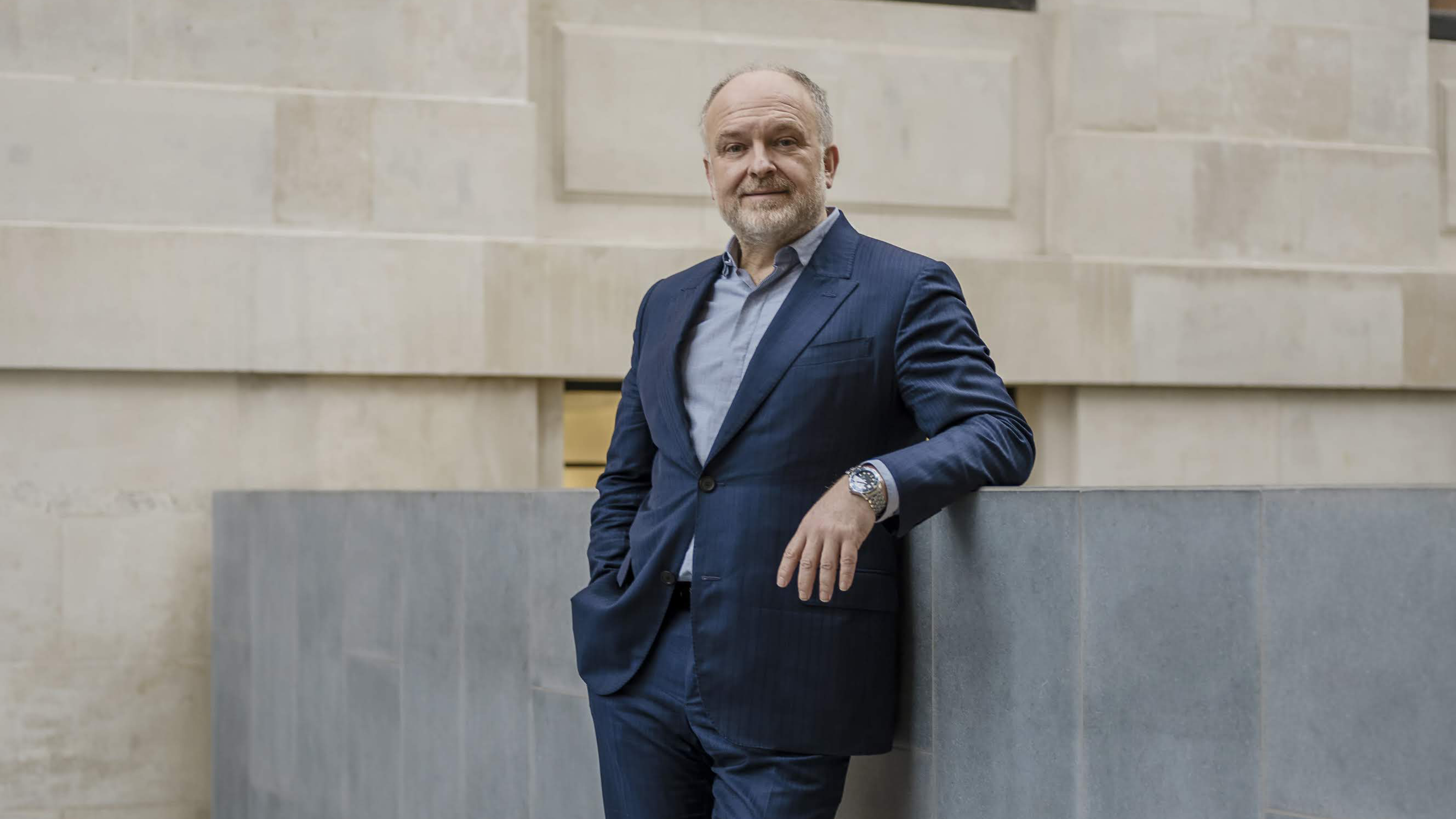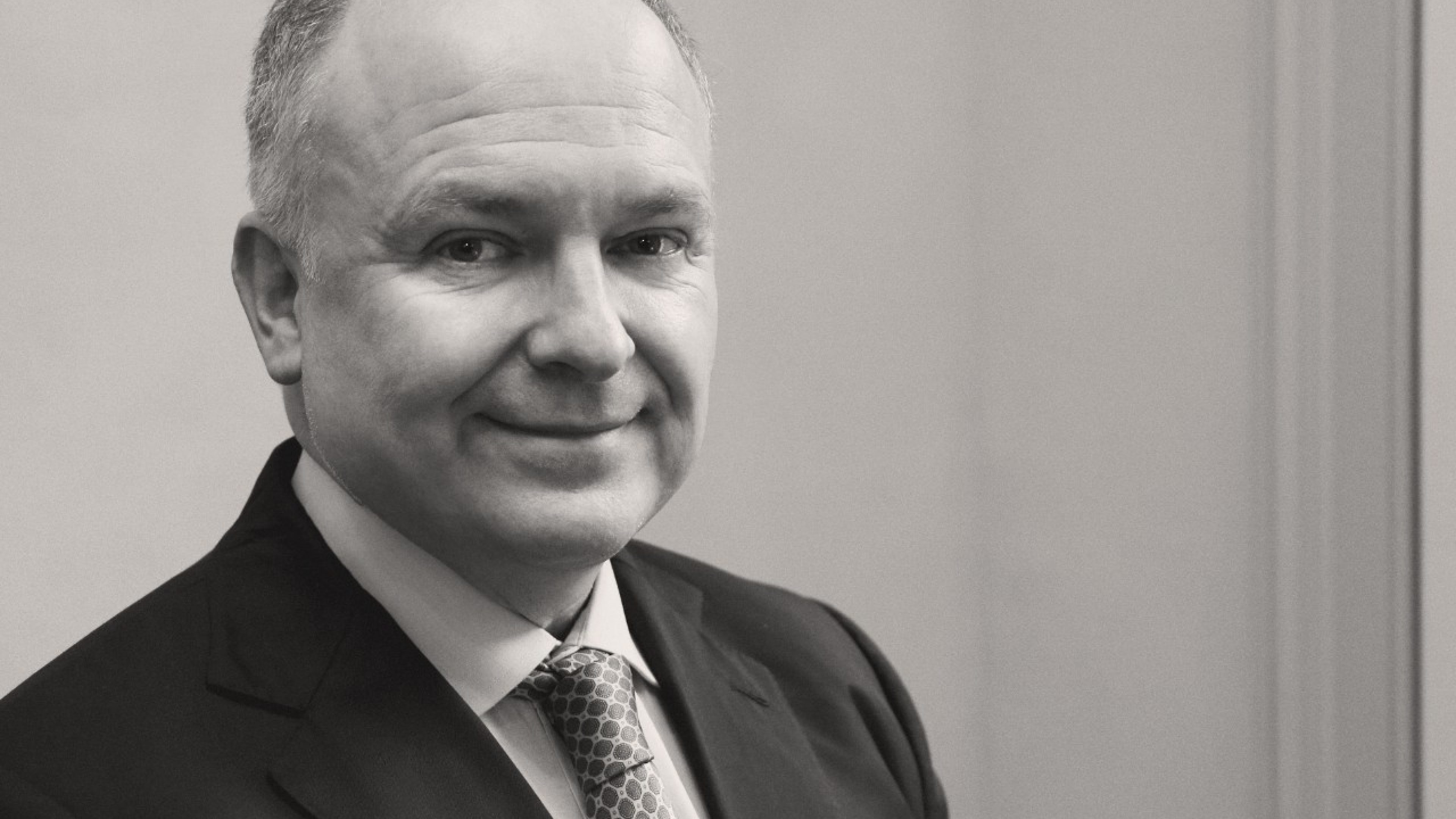The combination of rapid technological change and an aging society creates fears for the future. British professor Andrew J Scott claims that turning these sources of fear into sources of hope will take a change in the narrative. A thought-provoking discussion on our new long life – and why the corona crisis has sparked an enormous debate about longevity.
The coronavirus pandemic presents us with an unprecedented challenge. How are you in these special days?
So very hard to answer such an easy question these days, isn’t it? I think for most people answering that question involves thinking about whether they have been ill, and how they have been affected financially and mentally. I don’t know if I have had Covid. I certainly had something nasty but without testing who knows? Financially it’s been a hit but there are others far worse off than me. Mentally I am also fortunate and given all the circumstances it’s been a happy home. The weirdest thing is how beautiful London is right now in spring, especially with it being so quiet. You can hear the birdsong and church bells chiming and unusually beautiful blue skies. But meanwhile this evil pestilence is invisibly sneaking around causing chaos.
How self-determined do you feel these days?
Well given the restrictions on walking around and travel there are definite limits to how self-determined I feel. However, as an academic what I aim to do most of all is reading, thinking and writing, and in this respect it’s currently easier to be self-determined than ever before. If anything, it’s overly self-determined. I get a lot of motivation and insight from free-wheeling casual conversations with co-authors, and that’s hard to do right now.
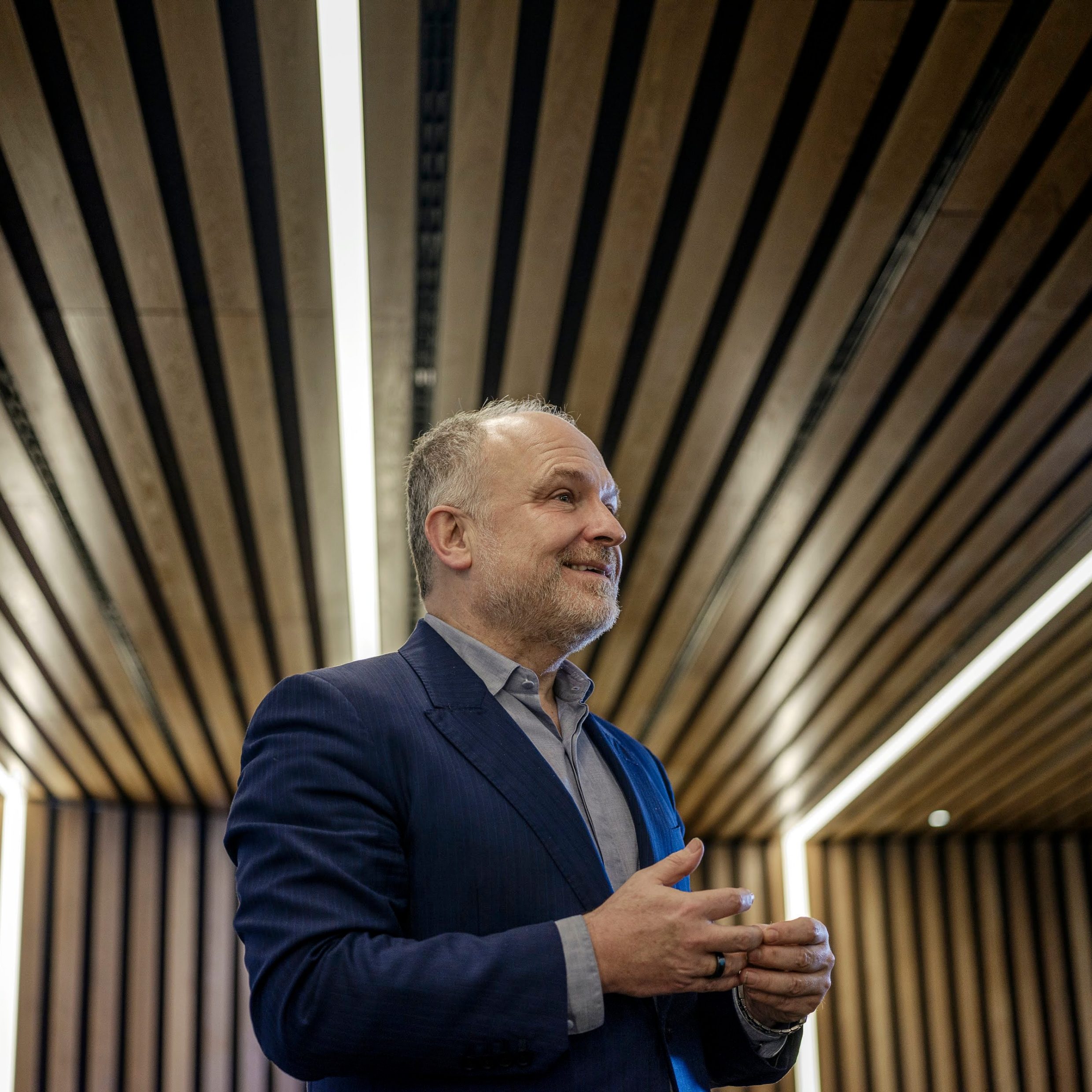
In your bestselling book “The 100-Year Life”, you and co-author Lynda Gratton discussed how both individually and as a society we need to change how we structure our lives in response to longer life expectancy. In the next few days your new book “The New Long Life” will be published. What is “new” about the long life now?
One of the constant questions we were asked when discussing “The 100 Year Life” was how we could construct multi-stage lives in the face of fears about loss of jobs emerging from technology. Artificial intelligence and robotics are set to disrupt the labour market over the years ahead. What’s interesting about both longevity and technology is that the dominant narrative is one of fear, whereas it should be possible to use these developments to make for a better longer life. If we are smart enough as humans to develop wonderful new technologies and add years to life, then we should have the social ingenuity to make them work for us.
What does it take to turn these sources of fear into sources of hope?
First it takes a change in the narrative. New machines that can take away drudge work and longer healthier lives should be an opportunity, not a threat. Secondly, we need to realise that as humans we can influence the way in which these trends develop. Neither technology nor demography are destiny. That leads onto my final source of hope – civil society. We need civil society to make sure that we respond to longevity and technology in a way that works for us as humans, and not just be led by the direction that governments and firms would like to go.
The cover of your soon-to-be-published new book “The new long life” features a chameleon. How much adaptability do we humans need to keep up with our new long life?
Adaptability and resilience will be increasingly valuable skills. Longevity means you face a longer horizon, technology means more turbulence and together that means your environment will be shifting continuously – sometimes by your own choices at other times through external change.
You claim that the traditional three-stage life will morph into multiple stages containing two, three, or even more different careers. What is your recipe to tackle the challenges that come with this paradigm shift?
A multistage life requires more investment in your future self and the ability to deal better with transitions and change. These are skills that traditionally haven’t been a focus but become increasingly important in response to longevity and technological change. Their other key feature is that you can expect relatively little support from corporates or governments, so you need to be more self-determined. Finally, in dealing with change successfully the chameleon preserves its identity, in fact its identity is defined by its ability to deal with change.
Do you perceive this shift as an additional pressure, or do you think it is an opportunity to embrace more self-determination in our lives?
Individuals now bear much more risk concerning their future than they used to do. That places greater pressure on self-reliance and self-determination. However, if we can learn to successfully use those skills then they provide a crucial ingredient for human flourishing. If on average we are living longer and are healthy for longer, then we have more time and we have new choices about what to do with that time – other than to just use it to extend retirement.
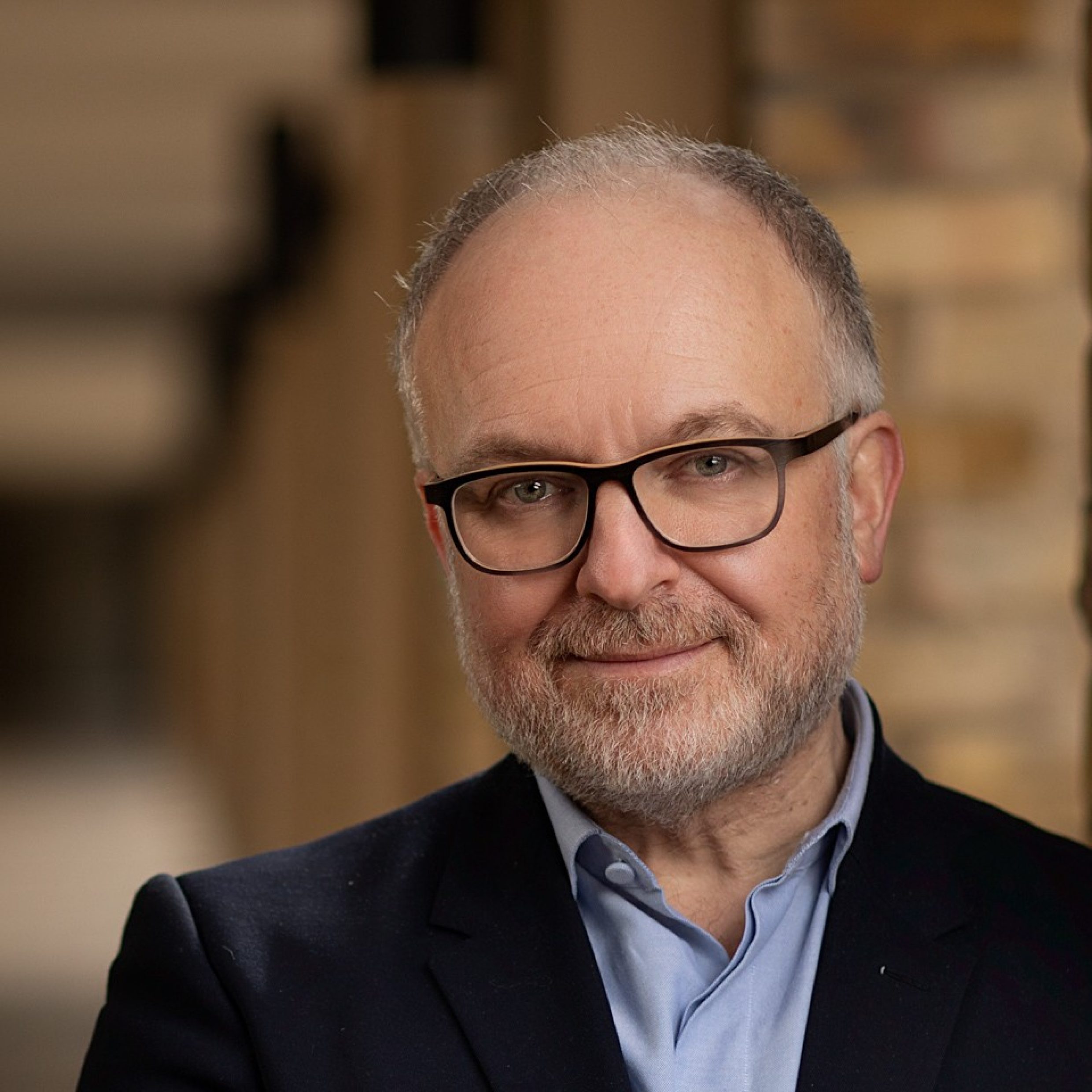
In order to be able to embrace the new long life, employers are also challenged. What does it take to keep the workforce happy and productive in future?
An enormous challenge. Marc Freedman says that the only natural resource the world isn’t running out of is older people. The countries and firms who respond best to that will seize an enormous competitive advantage in the years ahead. A few firms are waking up to this challenge but in general firms are rather schizophrenic – they get excited about creating products for a new emerging market (older consumers) but tend not to think about their workforce. Companies need to look at how to help support longer working careers through flexible working, training, providing scope for them to act as carers for their elderly parents and reviewing ageist hiring practices that discriminate against hiring from this group. Secondly, they need to realise that actually many of those needs are not unique to older employees but of value to the whole workforce, regardless of age. We are in general too focused on a narrative around an ageing society – there being more old people – rather than a longevity agenda. How we are ageing is changing.
Do you think the corona pandemic will have an impact on this narrative?
Corona reinforces the notion that older people are vulnerable. However, corona is also revealing how people age differently, how 65 years old is no longer as old as we think. I hope that from out of this crisis a narrative will emerge that starts to unwind outdated narratives around age.
Is the corona crisis teaching us to adapt faster to a longer life in an environment that is changing ever faster?
I hope so. For years I have been hearing about the future of work, the future of education, the future of healthcare etc. and how all of them would be transformed by technology. Corona has led to a step change in how we use technology in all of these areas, and clearly that will have a long-term impact. Corona has already catapulted us into the future as far as issues around tech and an ageing society are concerned.

Andrew J Scott
Andrew J. Scott is Professor of Economics at London Business School and a consulting scholar at Stanford University’s Center on Longevity. Through multi-award-winning research, writing and teaching, his pioneering work and ideas inform a global understanding of the profound shifts reshaping our world and impacting us all, and envision the actions needed for us to flourish individually and as a society. Board member and advisor to a range of corporates and governments, he is co-founder of The Longevity Forum, an organisation aimed at achieving healthier longer lives, and member of the Cabinet Office Honours Committee (Science and Technology).
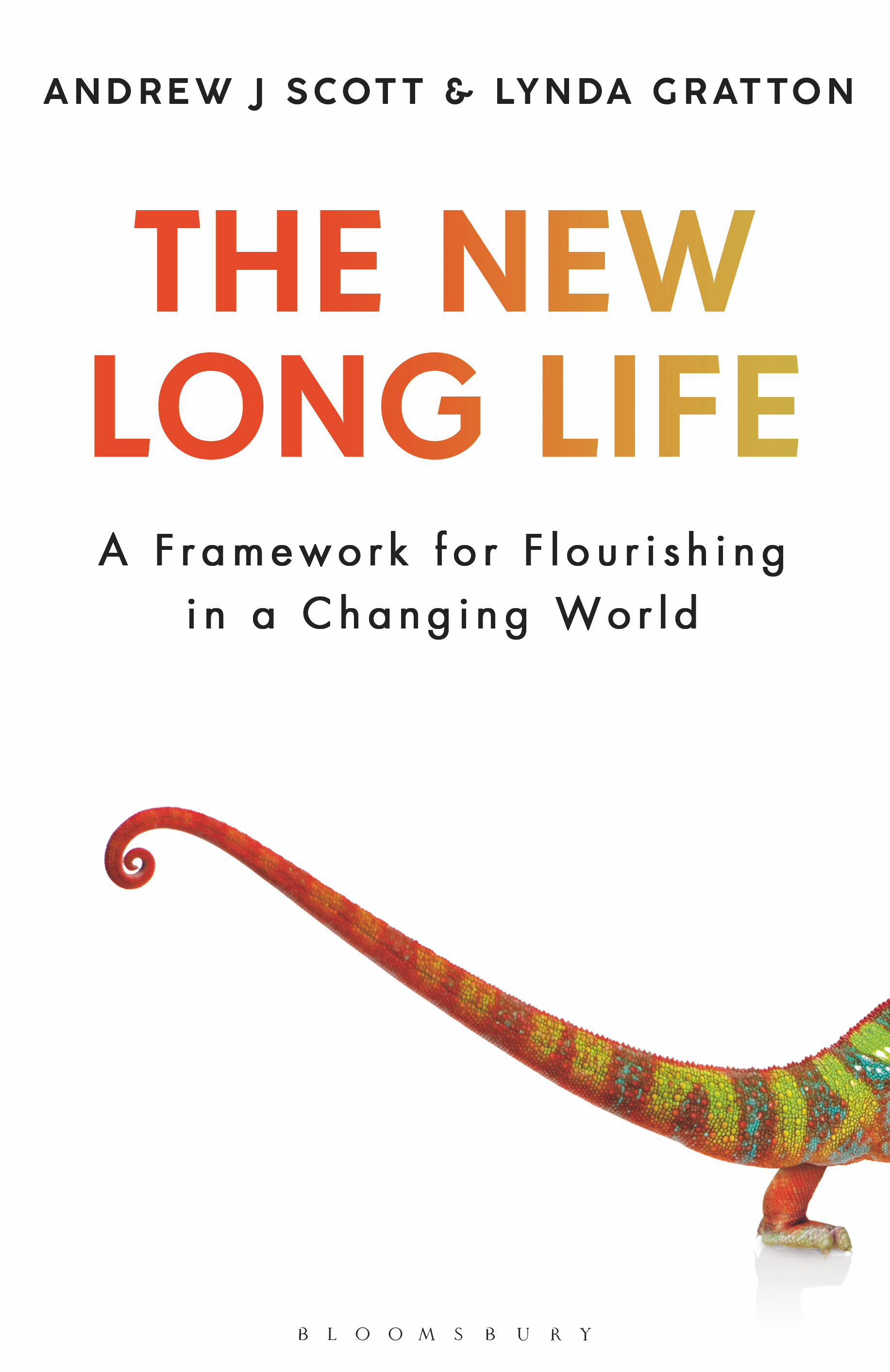

'The New Long Life: A Framework for Flourishing in a Changing World'
Smart new technologies. Longer, healthier lives. Human progress has risen to great heights, but at the same time it has prompted anxiety about where we’re heading. Are our jobs under threat? If we live to 100, will we ever really stop working? And how will this change the way we love, manage and learn from others?
Drawing from the fields of economics and psychology, Andrew J Scott and Lynda Gratton offer a simple framework based on three fundamental principles (Narrate, Explore and Relate) to give you the tools to understand and navigate the challenges ahead. More information about the book can be found on the website of Andrew J Scott.
